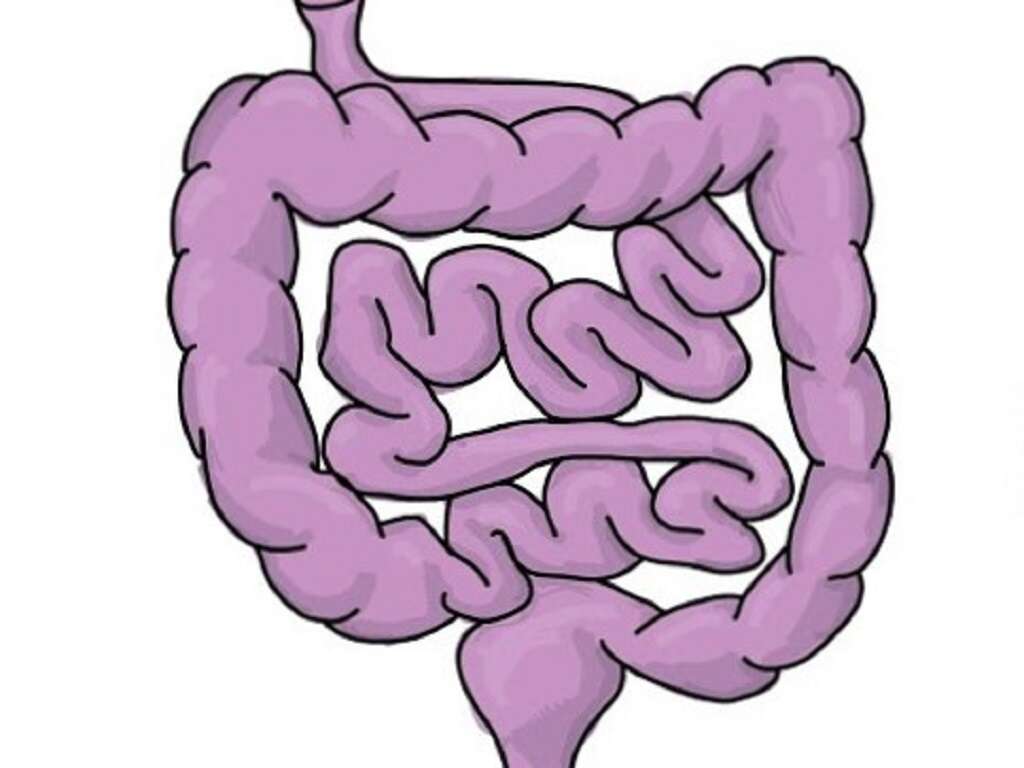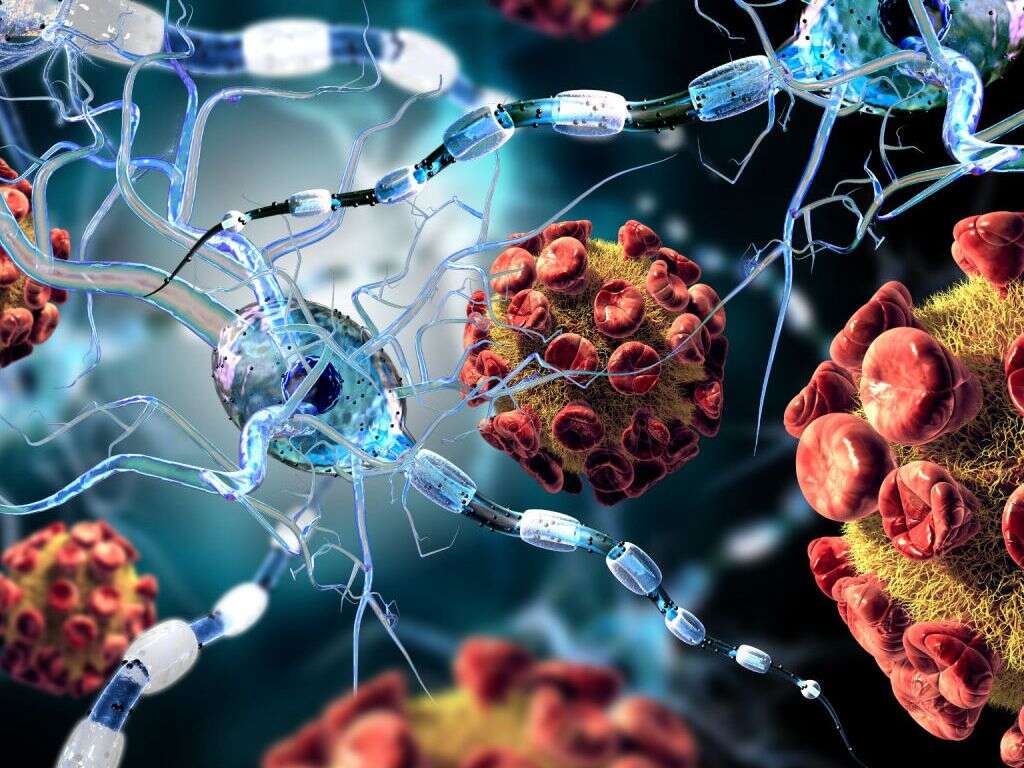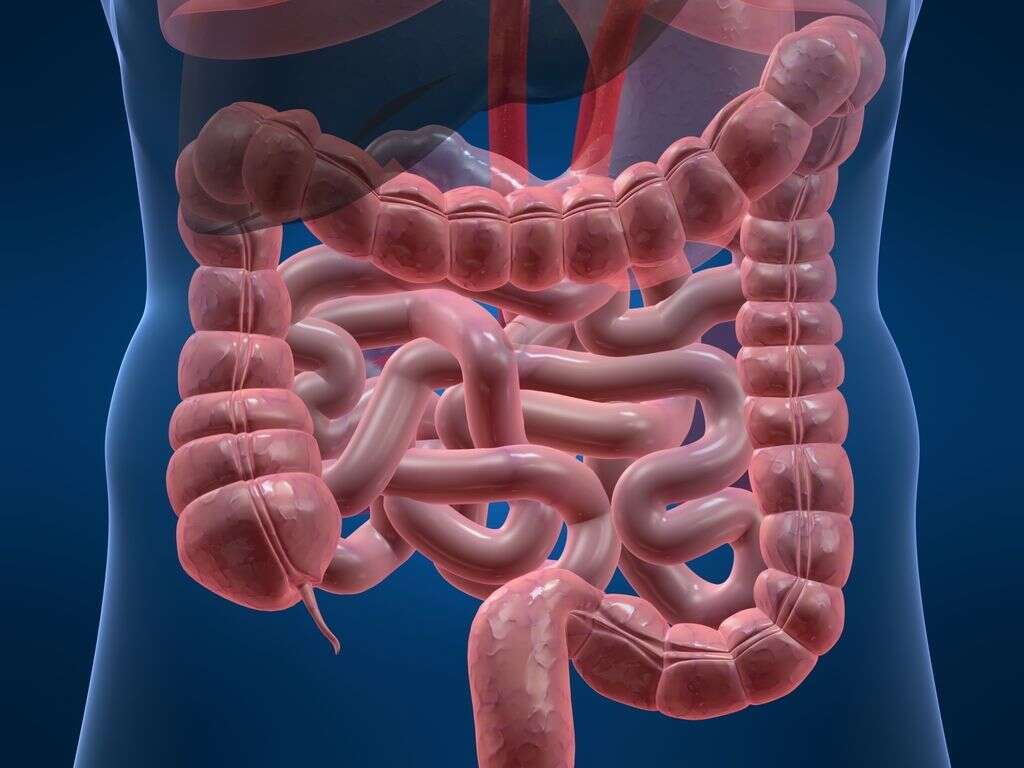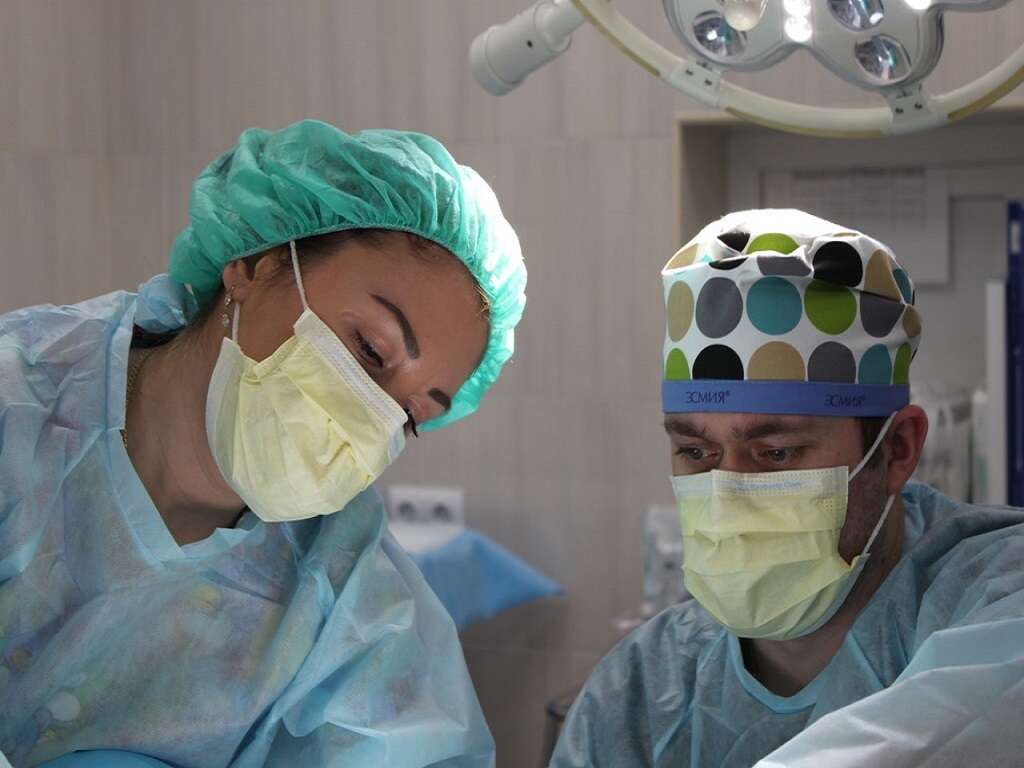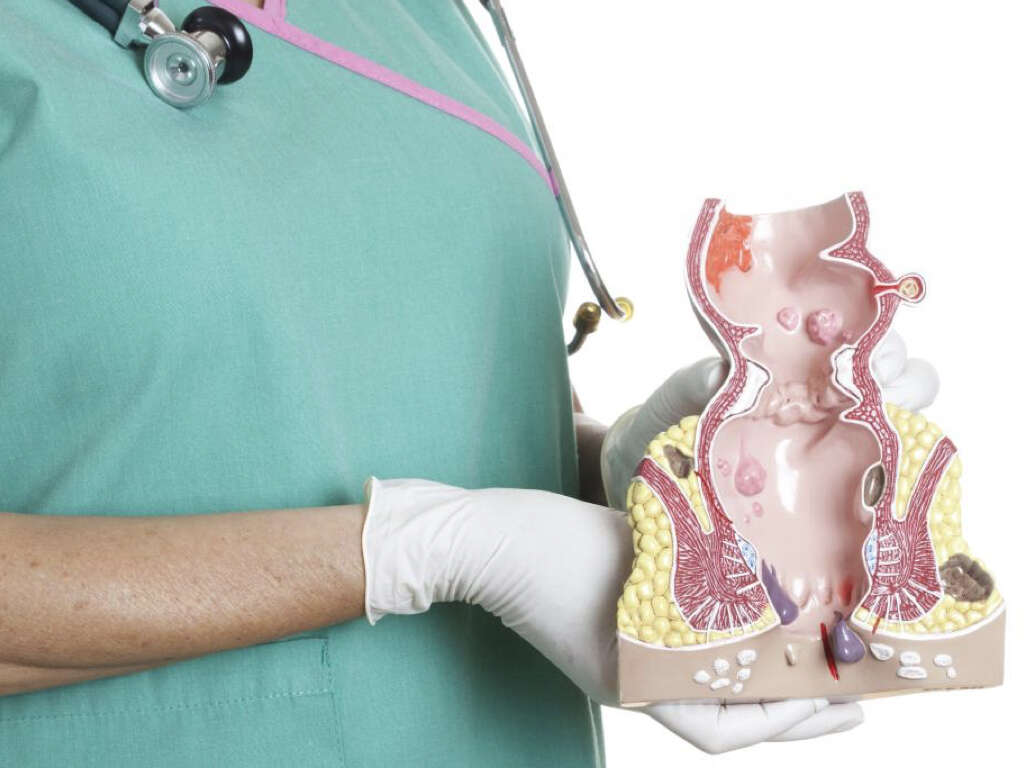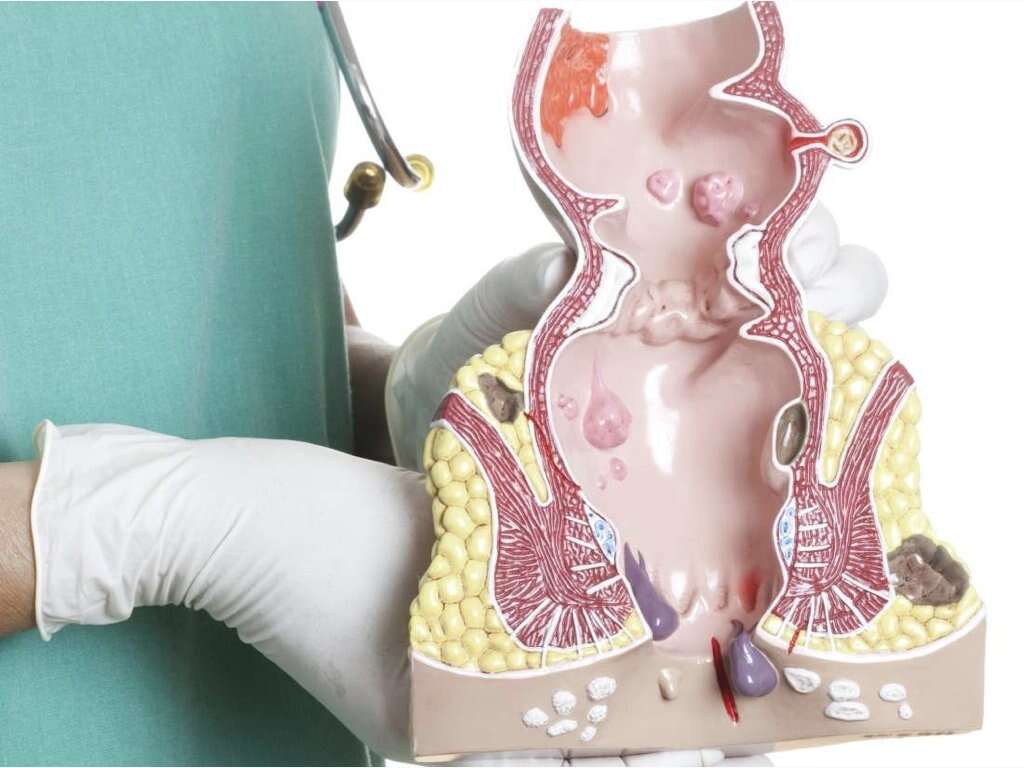10 Causes of Hemorrhoids
Hemorrhoids are essentially swollen vascular structures present in the anal canal. It is a term that refers to the pathologic presentation of venous cushions. These hemorrhoidal venous cushions have a rich vascular supply leading to an increased tendency to prolapse and engorge. The signs and symptoms vary depending on the type and severity of the hemorrhoid.
Internal hemorrhoids are usually painless and can cause rectal bleeding during defecation. External hemorrhoids can cause swelling and pain at the anal region. Treatment includes lifestyle change and rest. Medicated creams can also be beneficial. For hemorrhoids with persisting symptoms, procedures such as banding and surgery are also options.
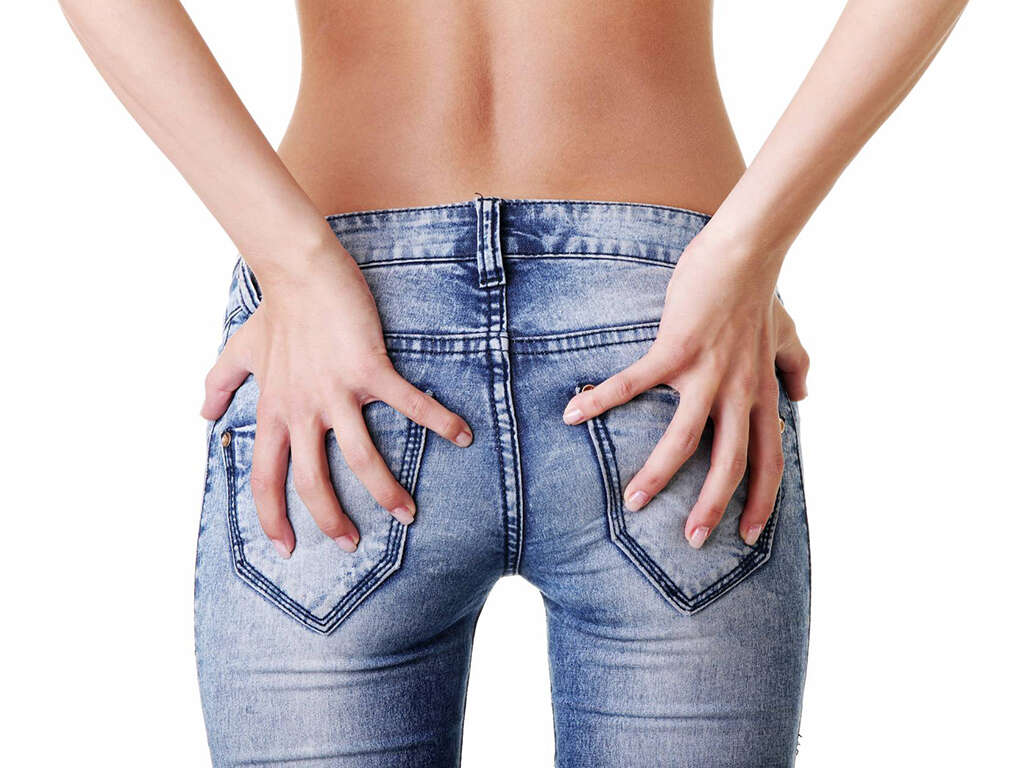
Cause #1: Heredity
Heredity can be defined as the passing on of traits from one generation to the next through reproduction. This causes the next generation to acquire the genetic information of the generation before them. The study of heredity is also known as genetics.
The risk of hemorrhoids is greater if there is positive family history. Since this is a nonmodifiable factor, individuals who have positive family history for hemorrhoids should keep hydrated, ingest enough fiber, have a regular exercise routine, avoid straining, and avoid prolonged durations on the toilet.
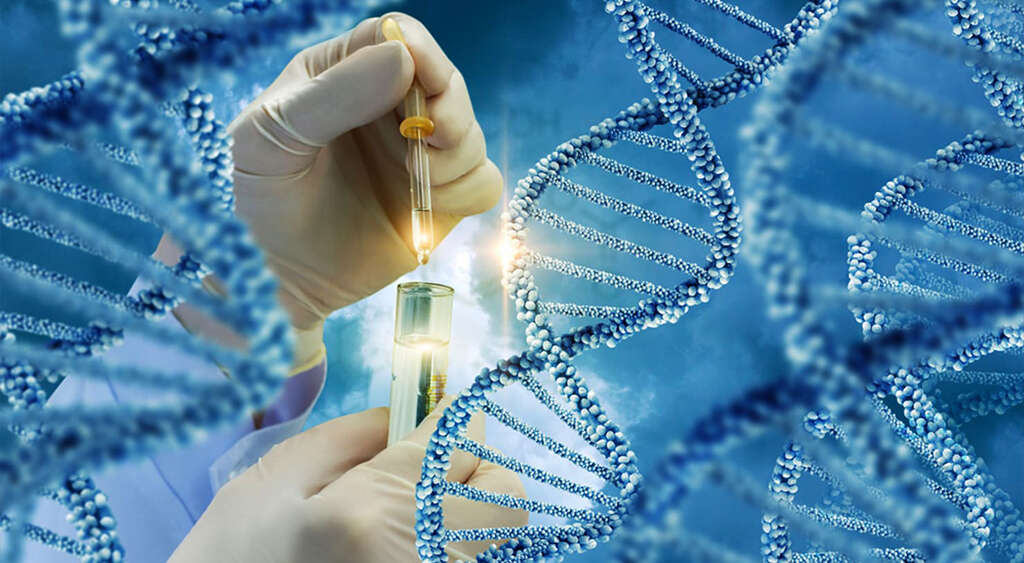
Cause #2: Obesity
Obesity refers to the accumulation of excess body fat to an extent where it negatively affects the health of an individual. People are considered to be obese when their body mass index (BMI) is 30 or higher.
Obesity has been associated with an increased risk of cardiovascular diseases, sleep apnea, type 2 diabetes, cancer, and depression. It has also been linked to a higher risk of hemorrhoids. This has been thought to be due to the excessive pressure placed on the lower abdomen area by the excessive weight, which exerts more stress on the anal and rectal veins.
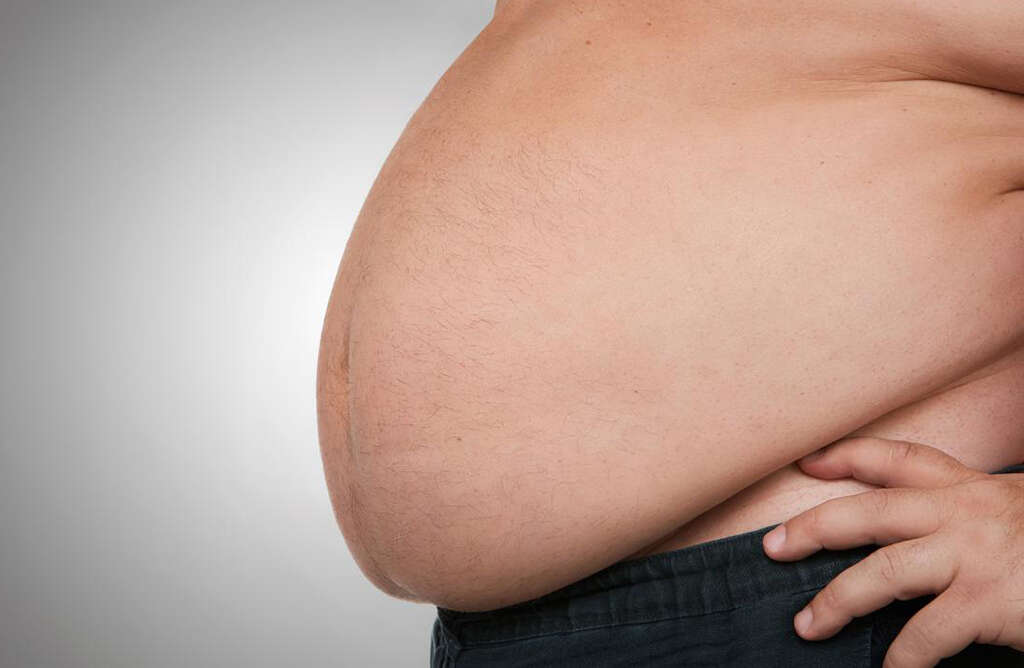
Cause #3: Pregnancy
Pregnancy refers to the time where offspring develops in a woman. A normal pregnancy carried to term ranges from 37 to 40 weeks. During pregnancy, various changes occur. Examples include metabolic, cardiovascular, hematologic, respiratory, renal, and behavioral changes.
In pregnancy, hemorrhoids can occur due to the impaired venous return, especially when there is increased intraabdominal pressure in late stages of pregnancy. A study found that as many as 38 percent of pregnant women experience constipation at one point throughout their pregnancy. The ingestion of iron supplements and slowed movement of food through the digestive tract due to pregnancy hormones can also contribute to constipation, resulting in hemorrhoids.
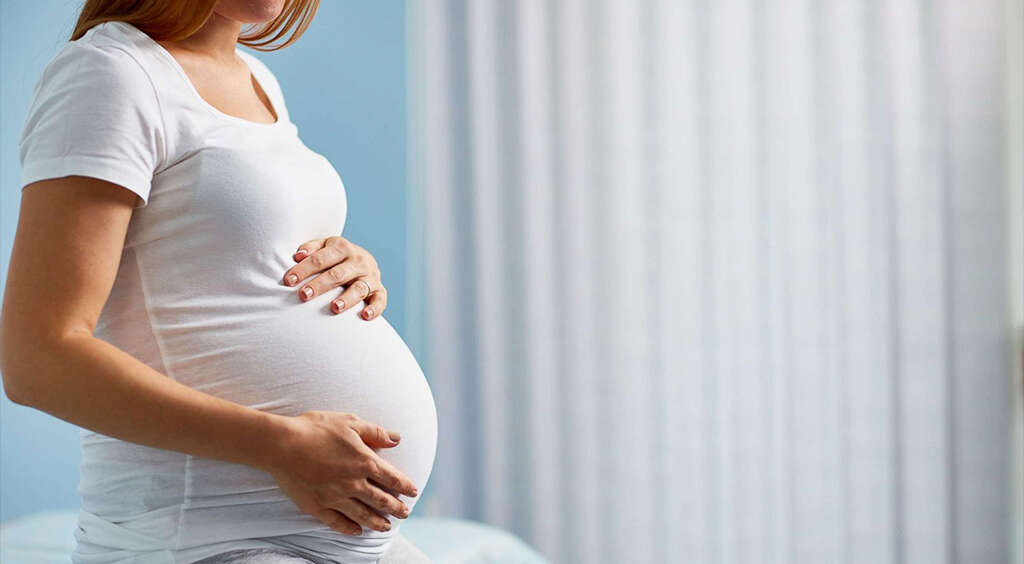
Cause #4: Straining
Straining can be defined as forcing or making a strenuous and unusually big effort. In this context, straining to produce a bowel movement occurs when one increases the intraabdominal pressure to help push out the feces.
This increased pressure decreases venous return in the perianal area, resulting in engorgement of hemorrhoids. It has also been thought to contribute to thrombosis of already existing hemorrhoids.
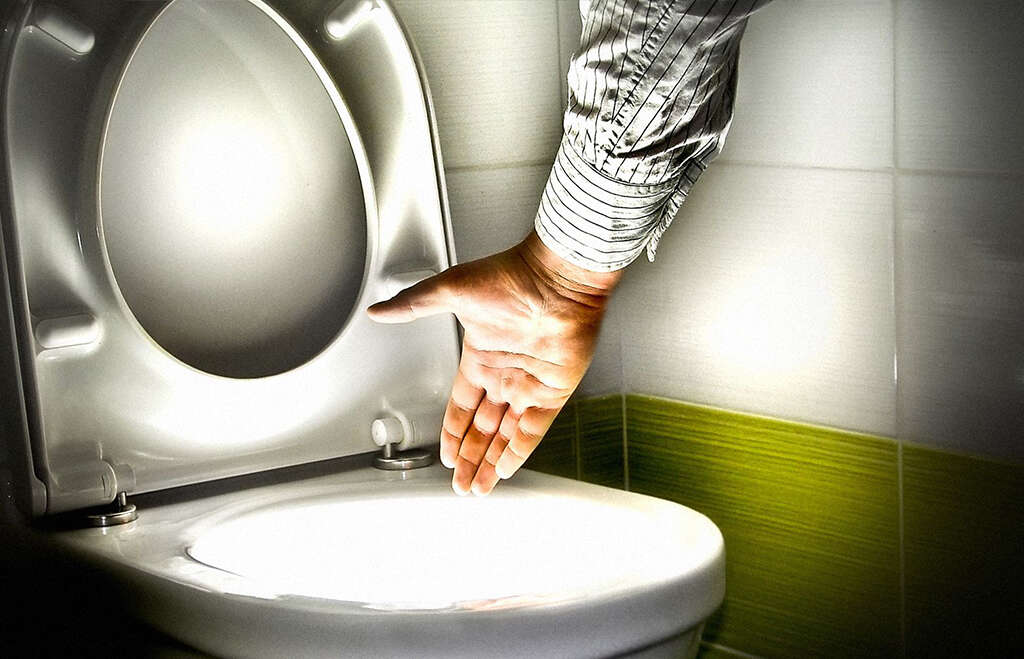
Cause #5: Chronic Constipation
Constipation occurs when stools are too small, difficult, or too hard to pass. It can also refer to infrequent stools where there are less than three bowel movements per week. Patients with constipation may also experience the need to strain and the feeling where the bowels are not empty.
Constipation has variable causes such as a low fiber diet, inadequate fluid intake, hypothyroidism, hypercalcemia, obstructive intestinal disease, and diabetes mellitus. Constipation has been thought to be one of the main contributors to hemorrhoids. It has also been thought to aggravate existing hemorrhoids and may contribute to thrombosis.
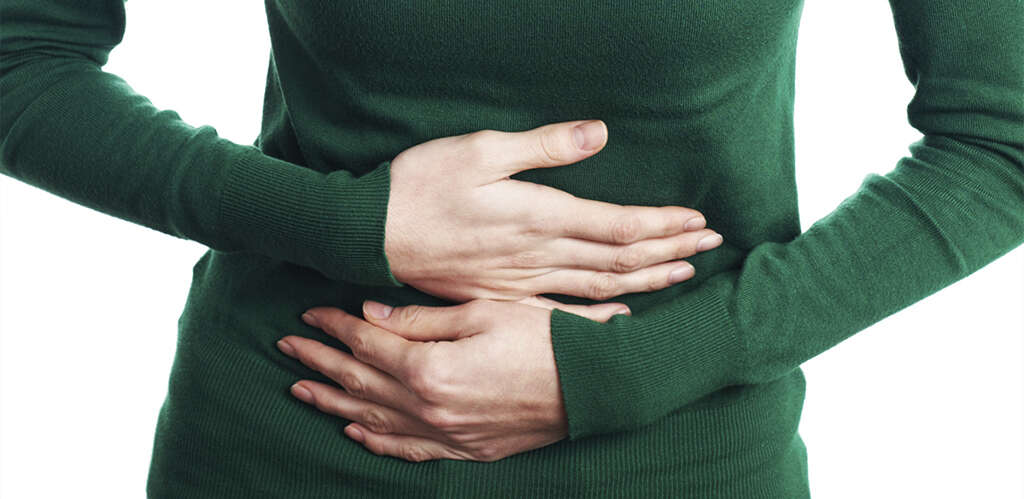
Cause #6: Chronic Diarrhea
Diarrhea occurs when there are at least three liquid or loose bowel movements a day. Chronic diarrhea can be defined as having diarrhea for a minimum of four weeks. Some causes of chronic diarrhea include irritable bowel syndrome, malabsorption syndromes, chronic infections, side effect of medications, endocrine disorders, food allergy, and inflammatory bowel disease.
Chronic diarrhea can have a negative impact on overall health and quality of life. It can range from being an inconvenience to disabling as well as life threatening. Chronic diarrhea can also result in hemorrhoids.
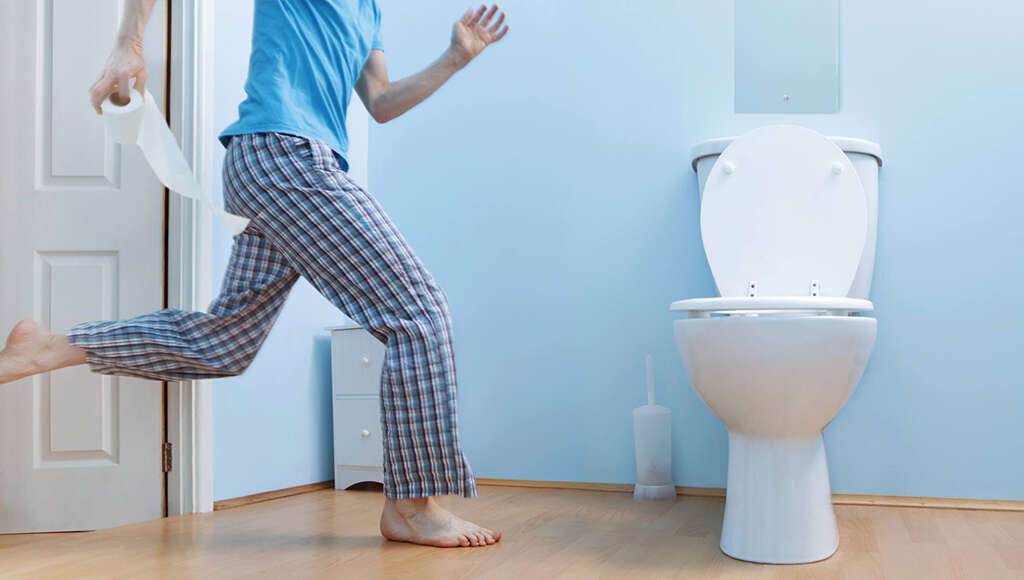
Cause #7: Aging
Aging is the process where one becomes older. While it applies to all living creatures, it is a term mostly used for humans. Aging represents changes that a human experiences with time. It encompasses psychological, social, and physical changes. Aging is one of the greatest risk factors for most diseases.
Although the cause of aging is unclear, it has been theorized to be due to the accumulation of damage leading to failure of the biological system. Examples include DNA oxidation and DNA methylation. In hemorrhoids, aging results in the weakening of the support structures. This facilitates the development of hemorrhoids and prolapse. The weakening of these support structures can be observed in humans from their thirties onward.
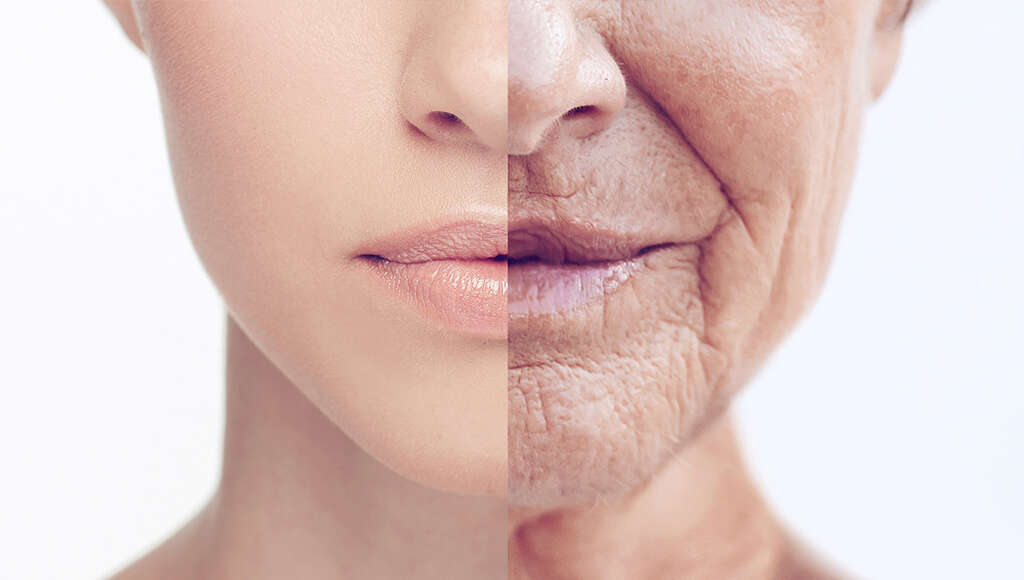
Cause #8: Faulty Bowel Function
Faulty bowel function in this case may occur due to the overuse of enemas or laxatives. An enema refers to the injection of fluid through the rectum. It is most commonly used for bowel cleansing and relief of constipation. Laxatives are substances that function to increase bowel movement and loosen stools as a method to prevent and treat constipation.
When laxatives or enemas are used long term, the bowel starts to rely on these medications for help with bowel movements. This can contribute to constipation and hemorrhoids.

Cause #9: Prolonged Duration on the Toilet
There are many bad habits such as nail biting, overspending, and spending unnecessary time on the internet. Another bad habit is sitting on the toilet for a prolonged duration. Many individuals tend to read or play games on their phone while trying to defecate. A study has found that as many as 90 percent of individuals bring their phones into the bathroom.
Besides germs, sitting on the toilet results in unnecessary pressure on the rectum, which can lead to hemorrhoids. Experts believe that sitting for an extended duration on the toilet causes issues with the venous return in the perianal region.
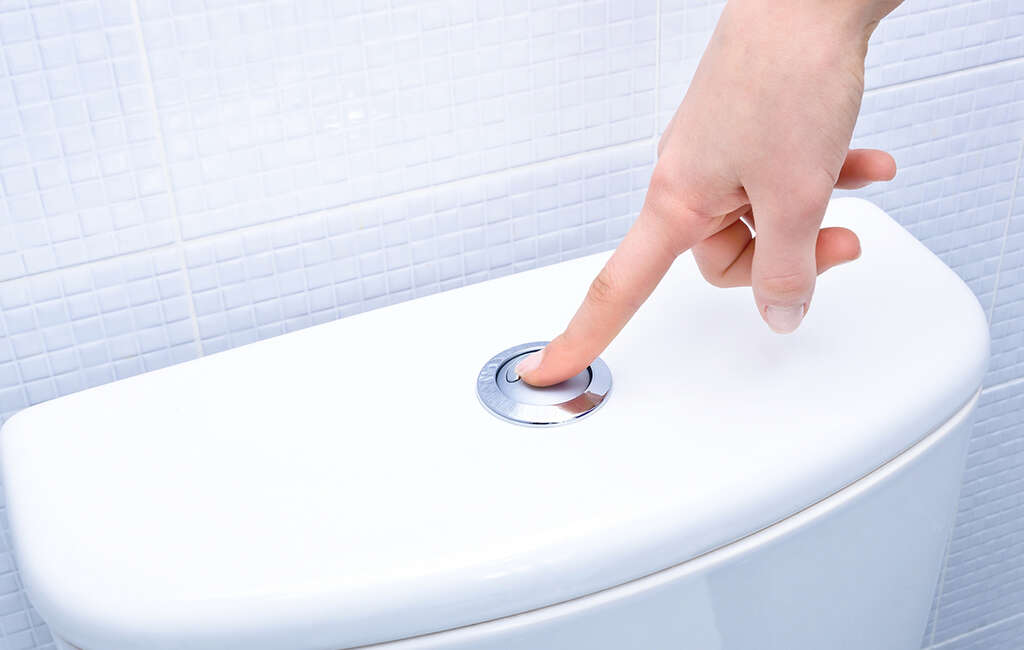
Cause #10: Diet
In nutrition, diet refers to the food consumed by an individual. In order to obtain the necessary nutrition, it is required for one to ingest and absorb minerals, vitamins, essential fatty acids, essential amino acids, carbohydrate, fat, and protein. It has been proven that dietary choices have an impact on the health, longevity, and quality of life of an individual.
Most experts agree that having a low fiber diet results in small caliber stools, which leads to straining, constipation, and hemorrhoids. This is thought to be due to the increased pressure caused by interference of venous return. Those with hemorrhoids may find it beneficial to have a high fiber diet along with adequate intake of fluids.




